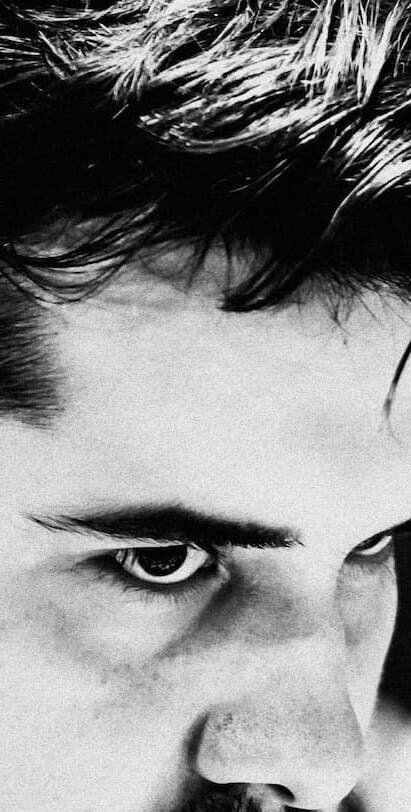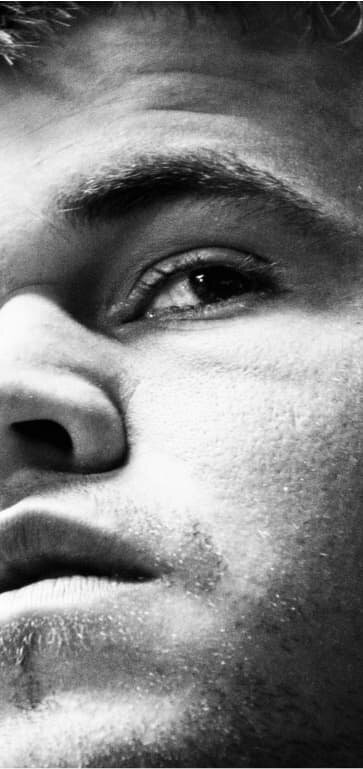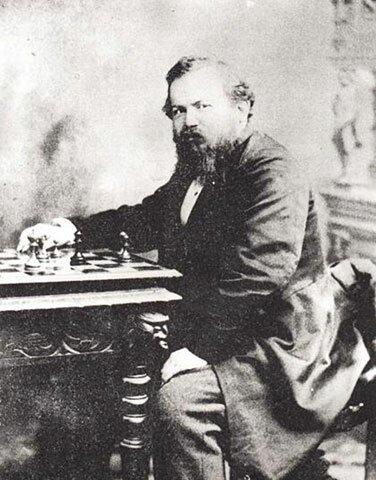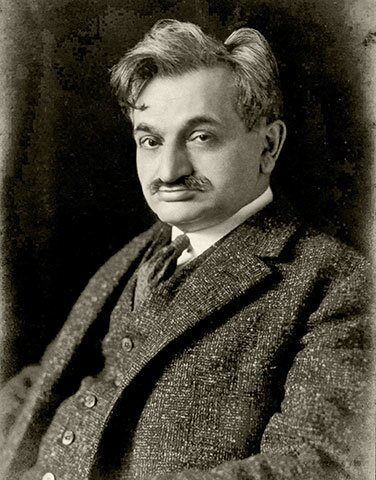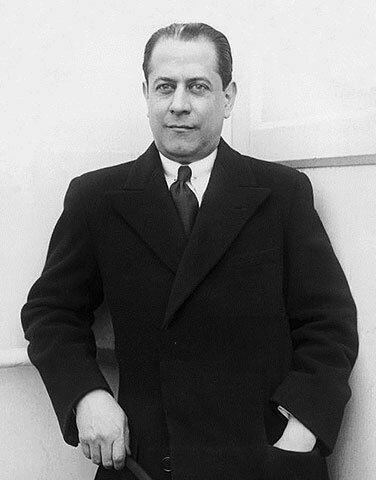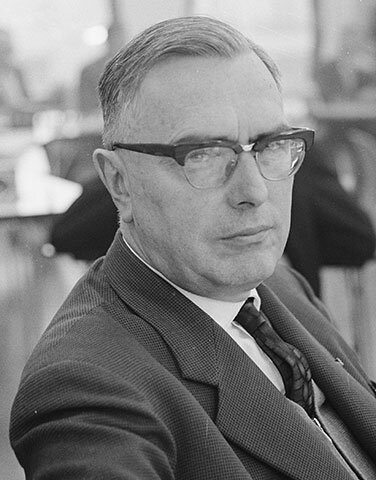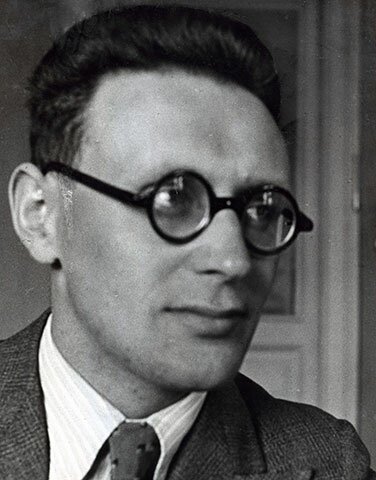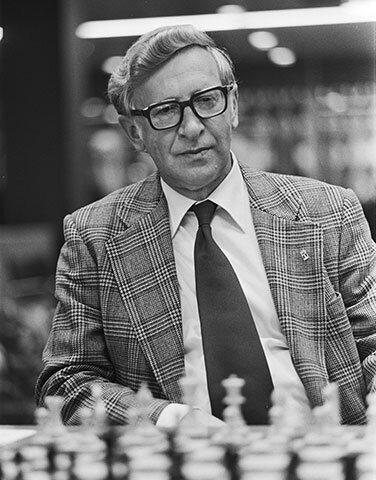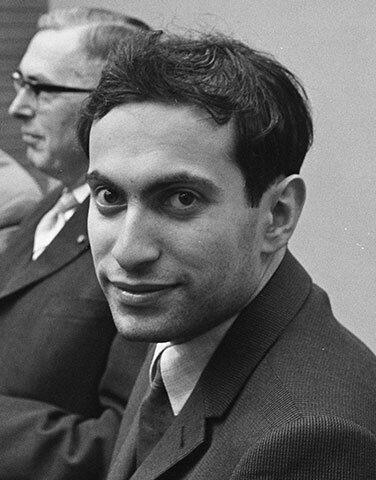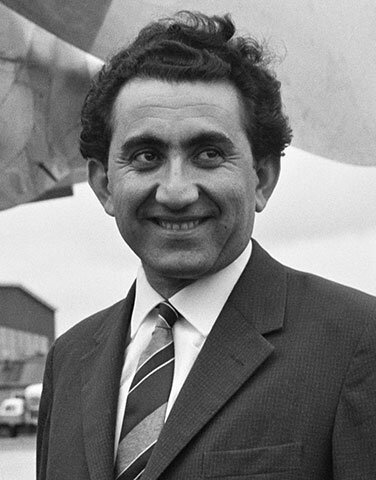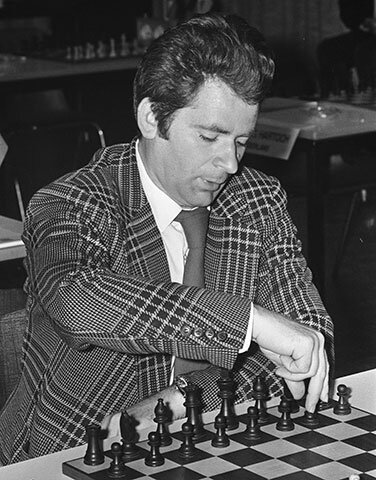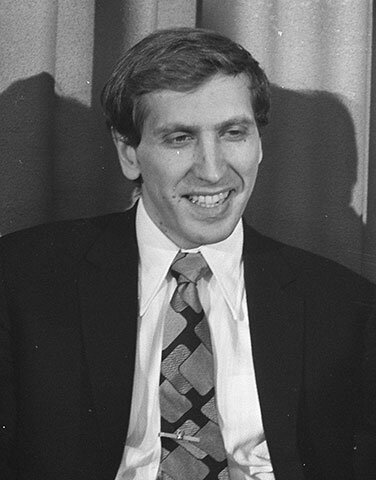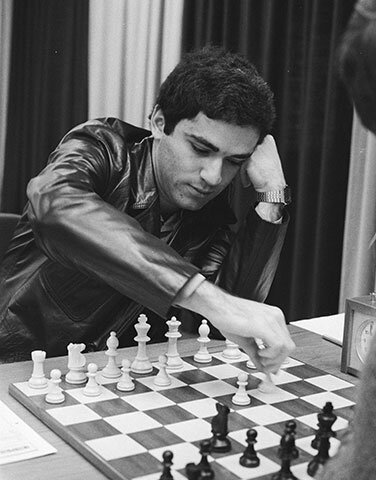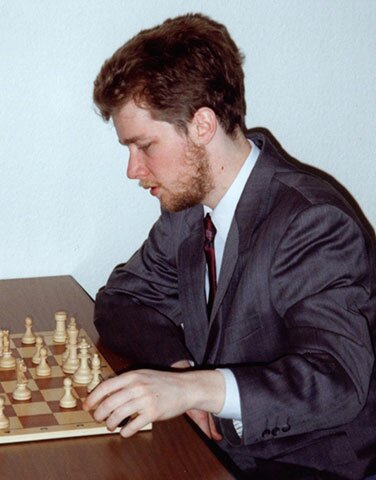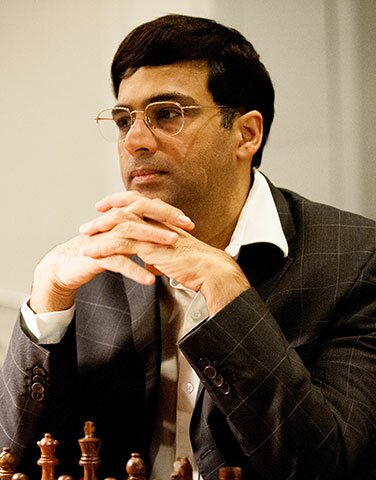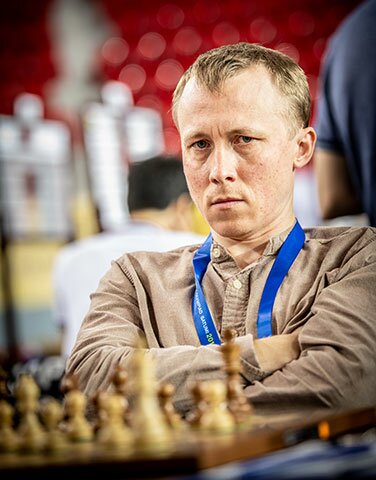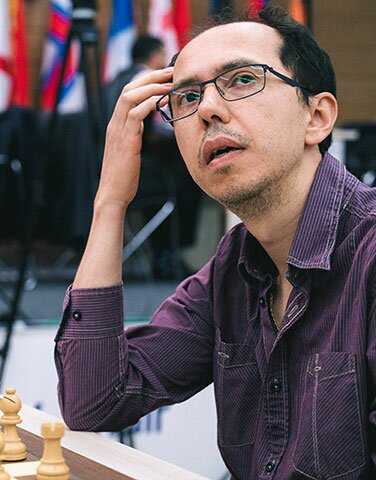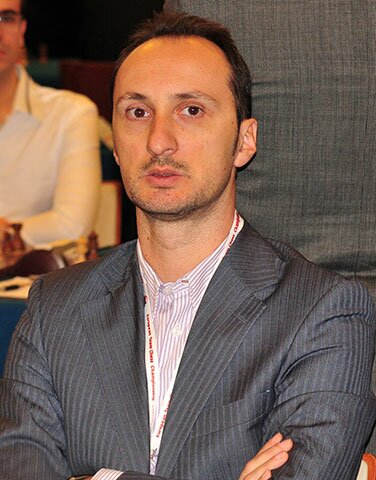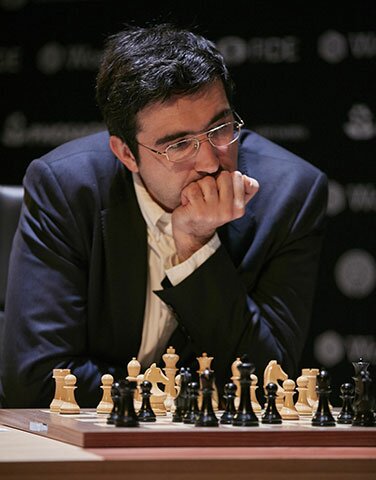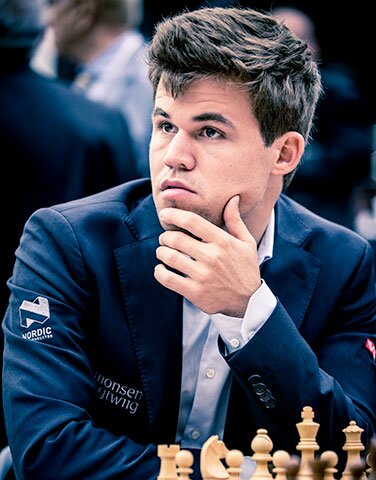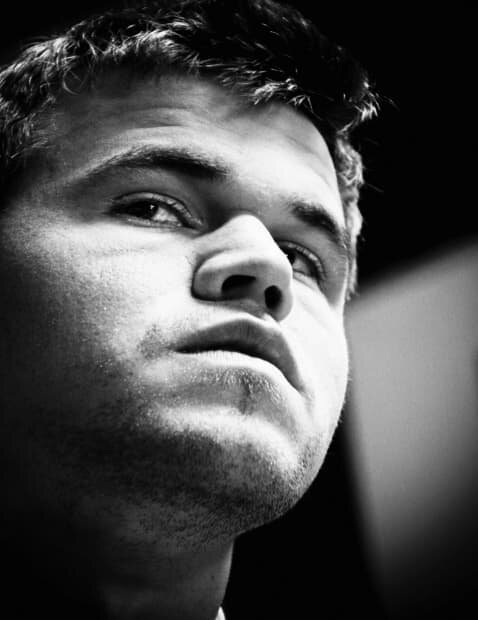
Magnus
Carlsen
WORLD
CHAMPION

- World Rank (Active): 1
- Federation Norway
- FIDE ID: 1503014
- B-Year: 1991
- Sex: Male
- FIDE title: Grandmaster
RATINGS
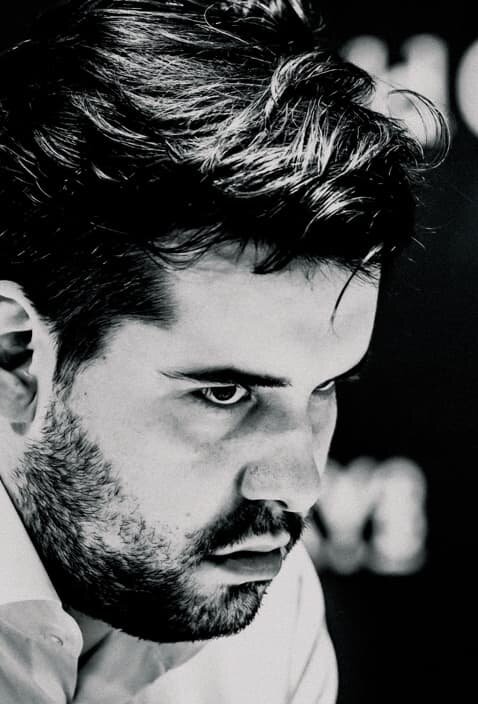
Ian
Nepomniachtchi
THE
CHALLENGER
- World Rank (Active): 4
- Federation Russia
- FIDE ID: 4168119
- B-Year: 1990
- Sex: Male
- FIDE title: Grandmaster
RATINGS

Head to head
Standard
-
M CCarlsen
YearYear
TournamentTournament
M CNepomniachtchi
-
0
2002
EU Championship U12
1
-
½
2002
Word Championship U12
1
-
0
2003
World Championship U14
1
-
0
2011
Tata Steel
1
-
½
2011
Tal Memorial
1
-
½
2017
Tata Steel
1
-
½
2017
Sinquefield Cup
1
-
0
2017
London Classics
1
-
½
2019
Tata Steel
1
-
1
2019
GCT Croatia
1
-
½
2019
Sinquefield Cup
1
-
½
2021
Norway Chess
1
-
½
2021
Norway Chess
1
-
5
1
Rapid
-
Carlsen - Nepomniachtchi
-
5-3 (+4 -2 = 2)
BLITZ (INCLUDING ARMAGEDDON)
-
Carlsen - Nepomniachtchi
-
8½ -5½ (+4 -1 = 9)
PEAK RATING
-
CARLSEN
(May 2014 and August 2019)
-
Nepomniachtchi
(May 2021)
PEAK RANKING
-
CARLSEN
(May 2014 and August 2019)
#1
-
Nepomniachtchi
(May 2021)
#4
Super tournament victories
-
Carlsen 31
-
Bi 2007 and 2011
-
Aerosvit 2008
-
London Classic in 2009, 2010, 2012 and 2015
-
Pearl Spring Tournament 2009 and 2010
-
King's Tournament 2010 and 2011
-
Bilbao Masters 2011, 2012 and 2016
-
Tal Memorial 2011 and 2012
-
Sinquefield Cup 2013 and 2018 (co-winner)
-
Zurich Chess Challenge 2014
-
Gashimov Memorial 2014, 2015, 2018 and 2019
-
Qatar Masters 2015
-
Norway Chess 2016, 2019, 2020, 2021
-
Isle of Man Masters 2017
-
Grenke 2019
-
GCT Zagreb 2019
-
Nepomniachtchi 10
-
Aeroflot Open 2008 and 2015
-
European Individual Championship 2010
-
Russian Chess Championship 2010
-
Hainan Danzhou GM Tournament 2016
-
Tal Memorial 2016
-
Dortmund in 2018
-
FIDE Grand Prix Moscow 2019
-
FIDE Grand Prix Jerusalem 2019
-
Russian Championship Superfinal 2021
-
-
-
-
-
-
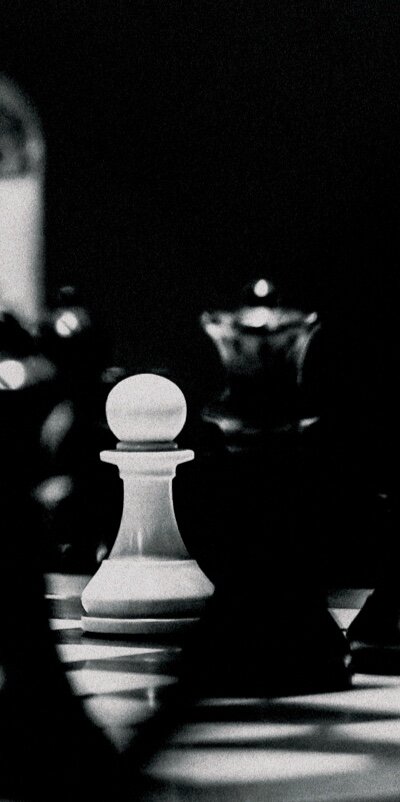
The International Chess Federation (FIDE) is the governing body of the sport of chess
